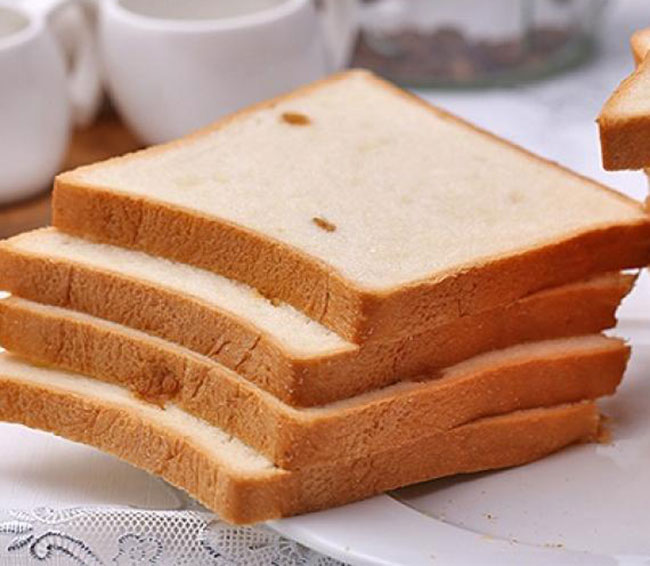What Happens to Your Body When You Stop Eating Bread
When you stop eating bread—especially if it’s a major source of carbs in your diet—your body goes through several changes, some of which may surprise you.

1. Quick Weight Loss (Mostly Water)
- Bread contains carbohydrates, and carbs are stored with water in your body.
- Cutting back on bread reduces carb intake, leading to rapid water loss, which can cause a noticeable drop in weight during the first few days—but it’s not fat loss.
2. More Stable Blood Sugar
- White or refined bread causes spikes and crashes in blood sugar, which can leave you feeling tired or craving sweets.
- Quitting bread helps balance blood sugar, especially beneficial for those at risk of prediabetes or insulin resistance.
3. Digestive Changes
- If you don’t replace whole grain bread with other high-fiber foods, you might experience constipation due to fiber deficiency.
- On the other hand, switching to vegetables, legumes, and nuts can improve digestion.
4. Hair and Nail Health May Decline
- Whole grain bread provides important nutrients like B vitamins (especially biotin), iron, zinc, and selenium, which support healthy hair and nails.
- If you cut out bread and don’t replace those nutrients from other sources, you might notice:
- Brittle or thinning nails
- Increased hair shedding or dull, dry hair
✅ Example: Someone who stops eating bread but doesn’t eat enough seeds, beans, or leafy greens might begin to see their nails break easily after a few weeks, or more hair falling out while brushing.
5. Energy Levels May Shift
- Lower carb intake can initially cause fatigue and brain fog.
- But once your body adapts—by burning fat for fuel—you may feel more energized and focused, especially if you eat enough protein and healthy fats.
6. Reduced Cravings Over Time
- At first, quitting bread might make you crave sugar or starchy foods.
- But after a couple of weeks, most people report better appetite control and less desire for snacking.
If you’re planning to cut bread from your diet, it’s important to replace it with nutrient-rich foods to avoid deficiencies, especially for skin, hair, and nail health.